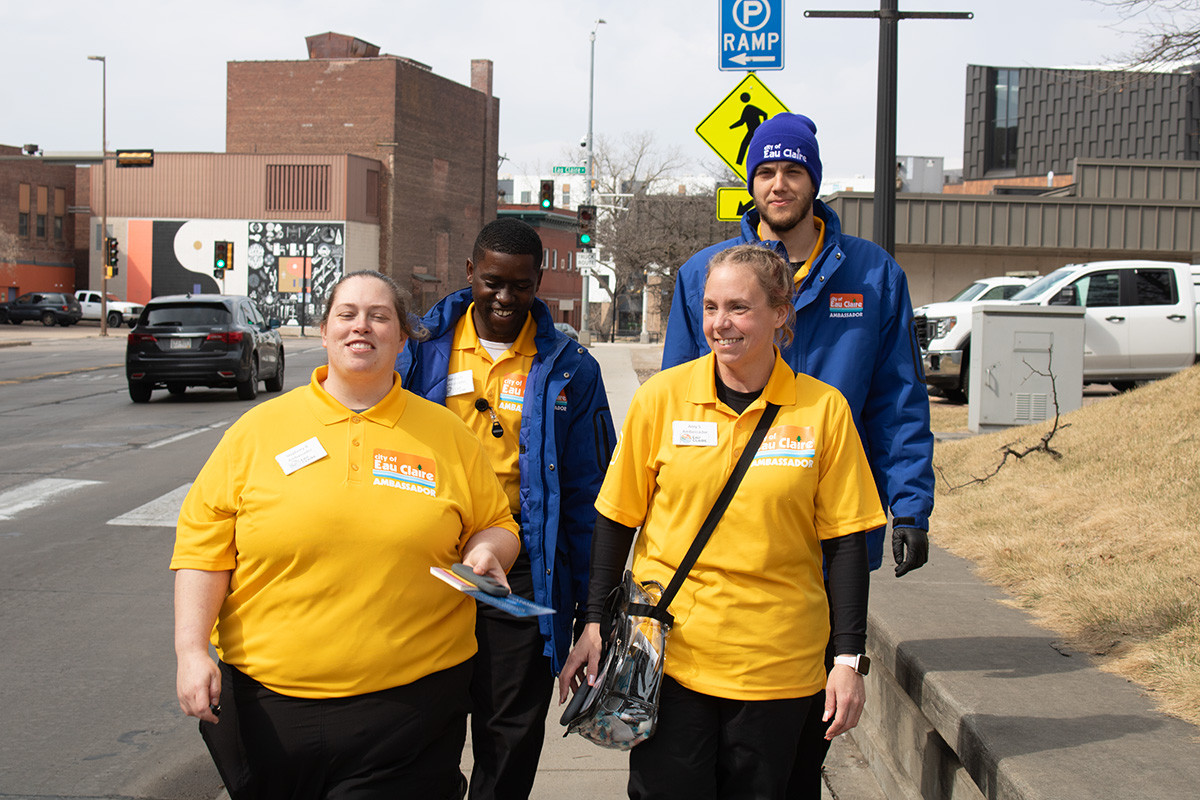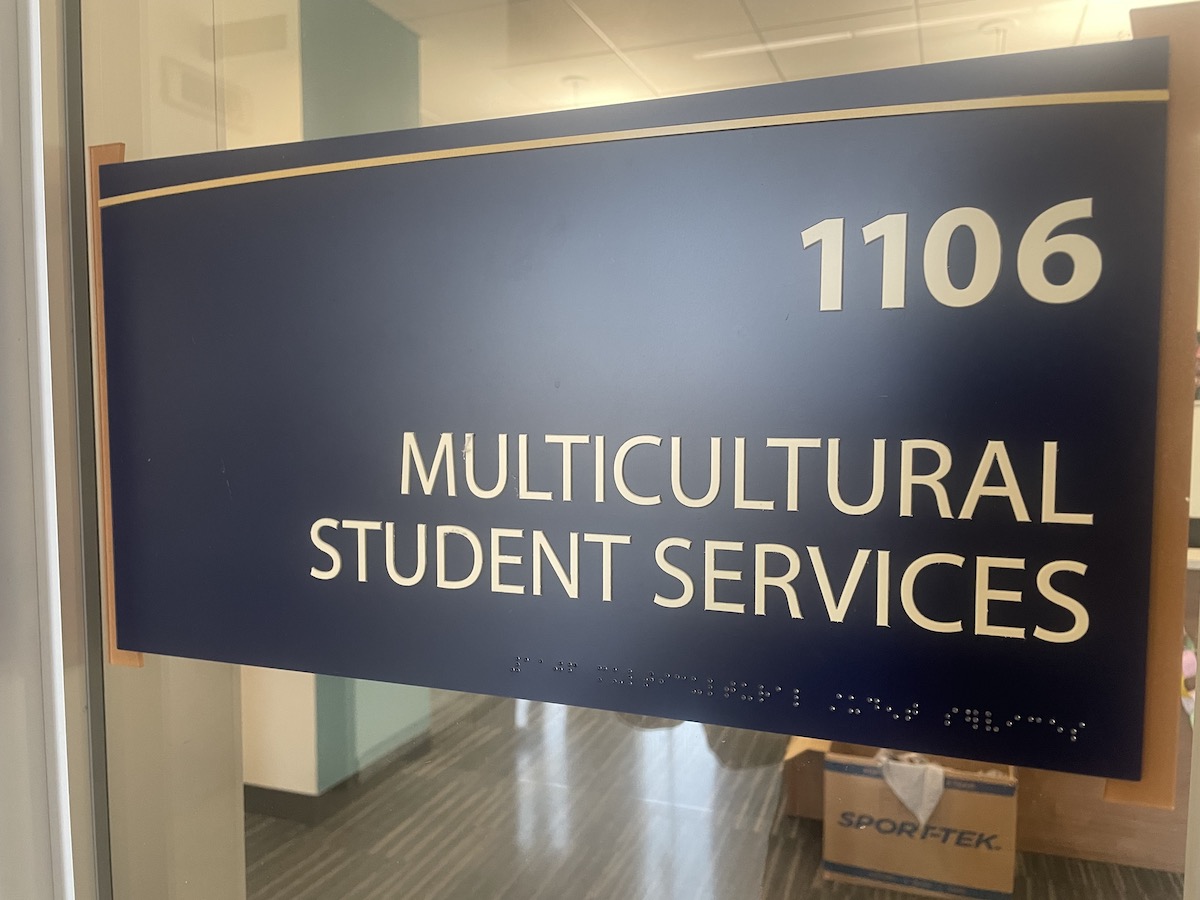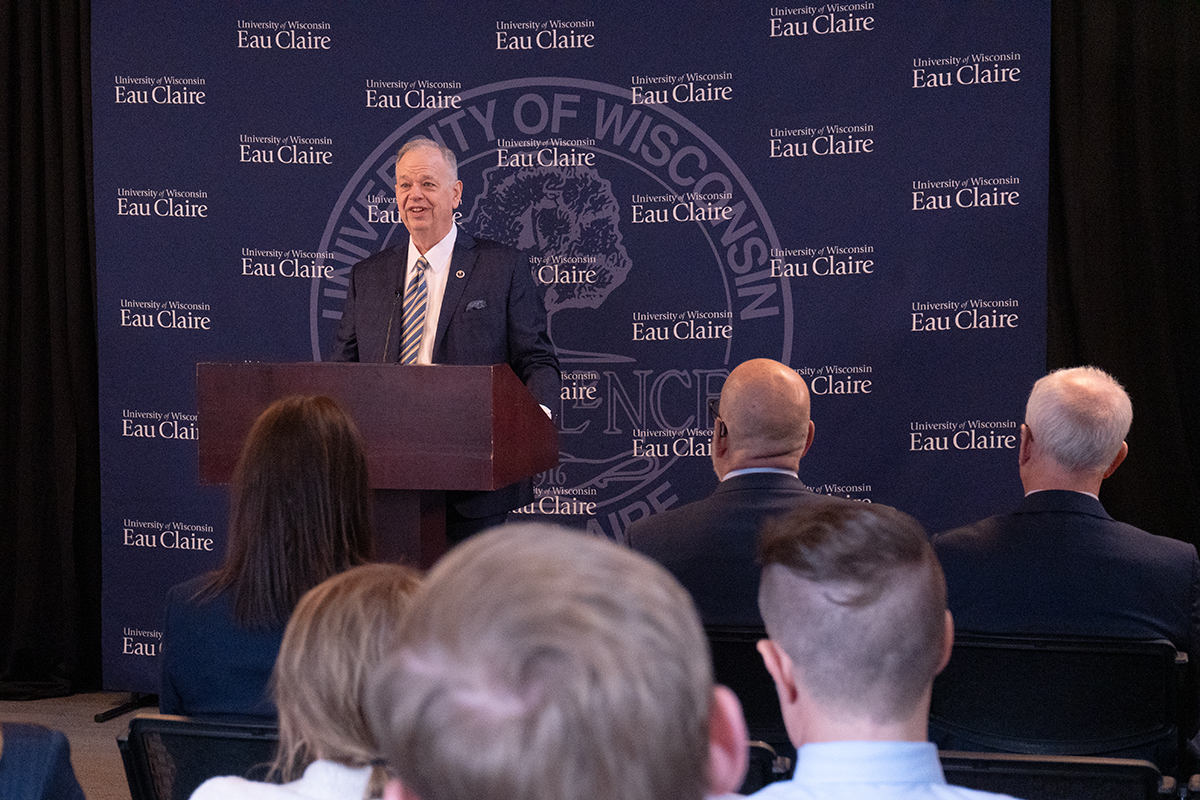Even though Bryan Larson and Jason Rector were just elected as student body president and vice president last week, they already have formulated several goals they hope to accomplish next year, but ultimately they’d like to make students more aware of what goes on in Senate.
“People don’t realize how much influence we have and all the work we do here on Senate, especially how much funding we have to allocate of student dollars,” Larson said. “The ability of students to impact and change campus here is essentially unprecedented, certainly in Wisconsin.”
There are several projects Larson and Rector want to continue with such as keeping tuition low, meal plans fair and affordable and furthering sustainability efforts. The main problem they see with Senate is that the student body is generally unaware of what Senate is doing.
Larson and Rector said the current session has built a framework for them to work on. Many of the bylaws that have passed this session have been aimed at making Senate run more efficiently.
“They’ve actually done a lot of the work for us,” Larson said. “So next year it’s just a matter of implementing everything.”
Their main goal for next year is to expand Senate’s outreach. Rector has plans to make Student Senate more accessible and a bigger presence on campus. Office hours, listening sessions and public hearings are all part of Rector’s ideas to allow students to be involved.
Rector knows it can be intimidating for people to walk into the organizations complex to ask a question. Larson and Rector hope that by re-branding Senate, they can make it more inviting.
“Getting senators out of the office and out into Davies and other parts of campus to leave our comfort zones and work with the students, who (we) represent,” Rector said. “There are other avenues to be explored and we look forward to
exploring those.”
Freshman Sydney Flottum didn’t feel informed enough to vote in the elections, but thinks that Senate can do more to reach out to students.
“I feel like holding get-to-know-you type things would be very beneficial just to get people out there and get them thinking about different issues related to student affairs,” Flottum said.
Larson and Rector attribute students’ lack of awareness to the fact that they don’t turnout to vote. Around 934 students voted in this year’s election, compared to only about 470 last year.
“College students tend not to vote in any election, so it may have been nine percent, but it was also fairly huge numbers for a campus election,” Rector said. “Competition, I feel, is what grew that number to what it was.”
Rector also credits the outreach efforts he and Larson took part in before the elections. Junior Amanda Houle learned about Larson and Rector’s campaign when Larson visited the Student Athlete Advisory Committee that Houle is a part of.
“He informed us about what he’s done with the budget on campus,” Houle said. “He said he has a lot of experience with it and he worked really hard to make sure that athletics have enough funding.”
Mat Riedel, Larson’s presidential opponent, will be serving as a senator next semester. He is looking forward to working with Larson and Rector to accomplish common goals.
“I’m excited to work with them,” Riedel said. “If you look at the parallels between what we ran on, we both agreed on a lot of issues, including transparency and outreach of Student Senate.”
The outreach that was started during the campaign will be continued in the next year, Larson said. They hope to get as many students involved by reaching out to students with particular interests.
“There’s absolutely something in senate that everyone here cares about,” Larson said. “We want to make sure that message reaches the right people.”







